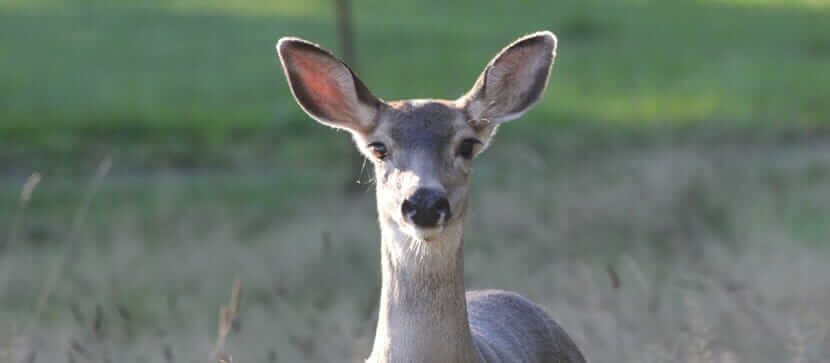I’m starting into my third month as a Whidbey Institute staff member, and something I was told during my initial visit to the facility is really ringing true. “You need to walk the land,” Jerry told me. “You need to visit the garden,” Maggie said. “You need to run the trails—but watch out for spiderwebs,” Dan advised. They’re right. I cannot work with full effectiveness at Chinook unless I work with Chinook. I’m working with the forest, with the deer, with the spiders and their webs. They remind me of my animal self and show me what is possible when people do things with rather than to their environment.
I’m no stranger to beauty: as a land owner, hiker, and nature lover, I surround myself with places that have been stewarded by caring people. The difference at Chinook is the degree to which our more cerebral work is fed by the landscape. When I come to this office, I pass through doors made from driftwood which washed ashore, then out again, then back again, then out again, then back a third time before having been brought inland and milled. When I walk to our director’s office, I can peek through a knothole to see if he is occupied or free. Elements of nature are everywhere at the Whidbey Institute, inside and out, and the way we care for and are cared for by this land gives tremendous weight to each of our three pillars of work.
Leadership transformation requires inspiration and reflection. The forest offers room for both.
Thriving communities begin with place. At Chinook, community comes naturally. Our neighbors are our friends and supporters.
Ecosystem vitality is a dream we hold for the entire globe and which we experience in daily life here on this land.
The care with which Maggie, Alexa, Clayton, and our volunteers steward this land is inspiring. When I’m sent home with arugula, basil, and baby beets, I’m reminded that the land is stewarding us, too.
—Marnie Jones

